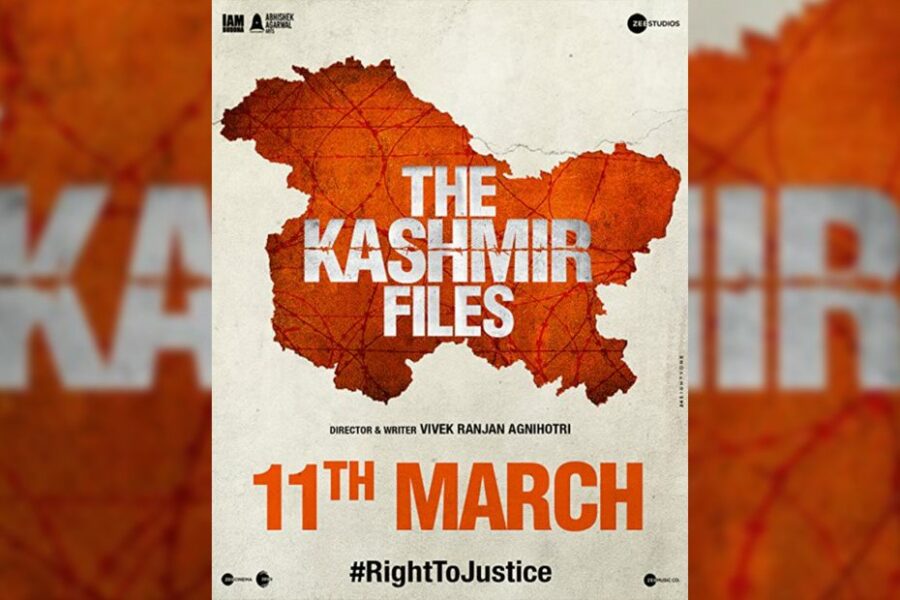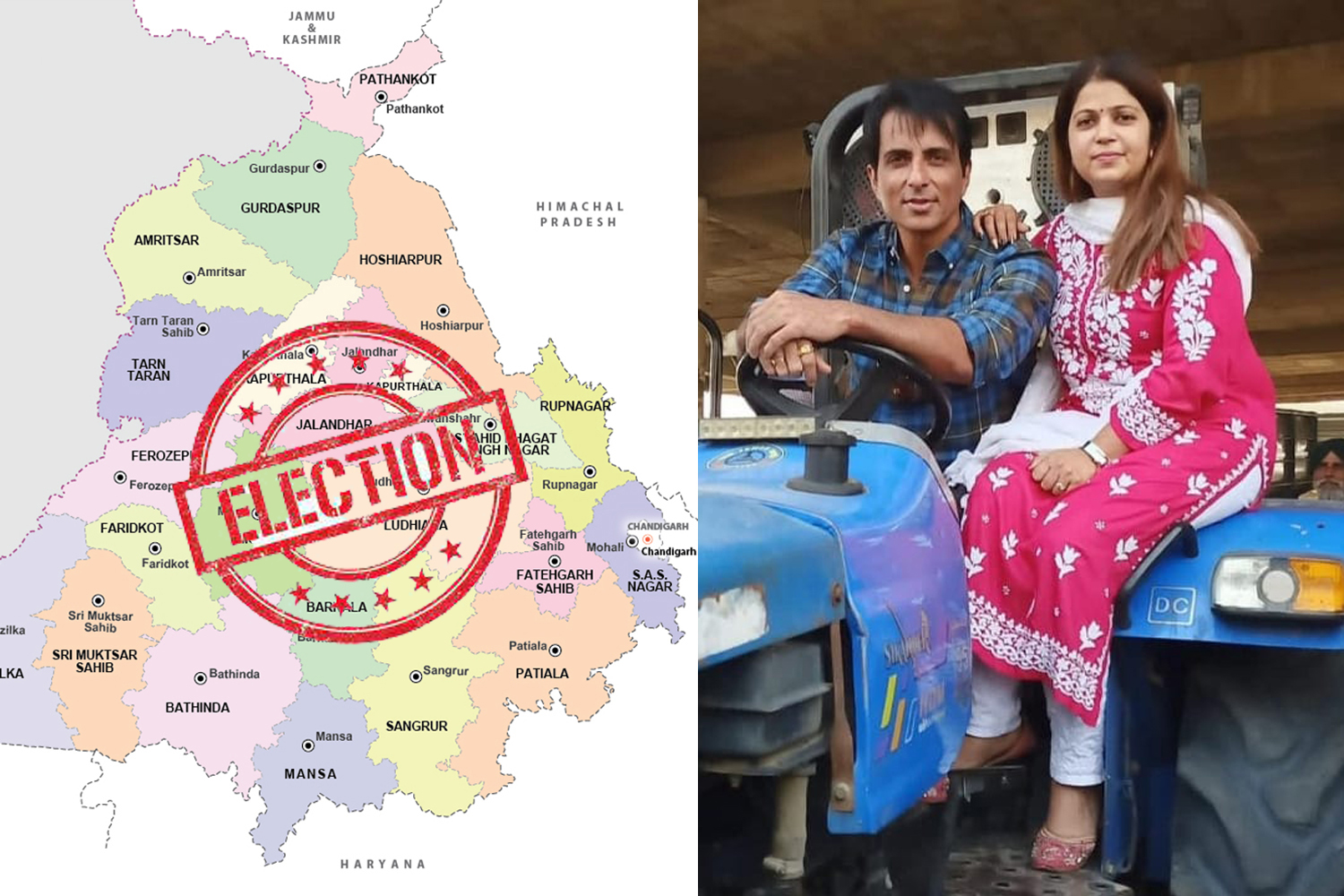A Jammu and Kashmir court, on Thursday, passed an order temporarily restraining the makers of the Hindi film The Kashmir Files from featuring scenes that depict late Squadron Leader Ravi Khanna.
Khanna was one of four Indian Air Force (IAF) personnel who were shot dead in Srinagar on January 25, 1990 allegedly by a group led by the Jammu and Kashmir Liberation Front (JKLF) chief Yasin Malik.
Ahead of the release of the film, Nirmal Khanna, wife of the late officer, moved the court seeking to remove or change certain scenes in the film that depicted her husband. In her plea, she said that when she had attended the film’s premiere, she had discovered that the scenes pertaining to the late squadron leader have been wrongly portrayed.
Directed by Vivek Agnihotri, The Kashmir Files released in theatres on Friday. The film is based on the exodus of the Kashmiri Pandit community in the 1990s and features actors Anupam Kher, Mithun Chakraborty, Darshan Kumaar, Pallavi Joshi, Prakash Belawadi, Puneet Issar, and Atul Srivastava, among others.
The order on Thursday was passed by Additional District Judge Deepak Sethi. “Given the facts as stated in the complaint, the defendants are restrained by way of temporary injunction from showing the scenes depicting the acts pertaining to the husband of the plaintiff, namely martyr squadron leader Ravi Kanna, in the movie The Kashmir Files,” the order stated.
However, this order is subject to objections, alterations or modification, if any by the other side, the judge added.
Recommended
The court has given the makers time until the next hearing, scheduled for March 19, to file their response in the matter.
Earlier this week, a PIL was filed at the Bombay High Court seeking to halt the release of the film. Intezar Hussain Sayed, a resident of Uttar Pradesh, had filed the plea stating that the film had a “very potent mixture of inflammatory scenes which are bound to cause communal violence in the prevailing circumstances in the country.” However, the court refused to halt the film’s release and dismissed the PIL.


